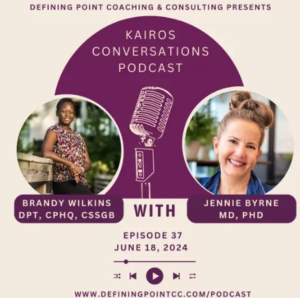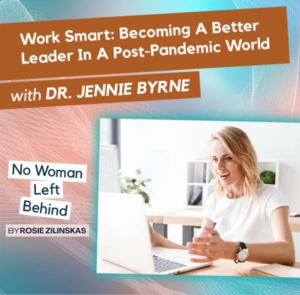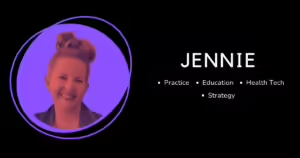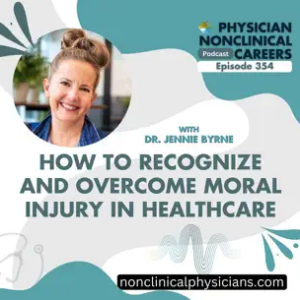If you had to go back and do it again, what would you do differently?
One of the taglines for the New Degree Press program was Write like a second time author. I really liked this because it validated the idea that writers learn how to write, and get better at it over time. Your second book will be better than your first book, because you have learned from iteration.
During one of my low periods after mailing off all my early supporter books, I started writing again. I started writing again because I needed to fill a void and remember why I wrote the book in the first place.
An interesting thing happened. As I started writing, I realized that I had learned so much. Here are the five things I plan to do differently for book number 2:
Get Organized
When I look back to my first book, many of the earliest sections came from blog posts. They were not organized. I also had notes scribbled all over the place, in journals, in my organization, in typed documents, in LinkedIn posts.
This time I am organizing my writing in one place. I researched writing apps and selected one that matches my style. I am not worried about what I am writing, but I am thoughtful about where I put the writing.
- Random thoughts or facts and figures go to SNIPPETS
- Ideas from reading goes to RESEARCH
- Personal events go to STORIES
- Conversations with other people go to INTERVIEWS
- Podcasts with stories and ideas from other people go to SECONDARY INTERVIEWS
Embrace Snippets
Snippets are wonderful little tidbits of writing. They can be a few words, a phrase, a few sentences, or a few paragraphs.
My mind is filled with snippets and before I wrote my first book, I had no idea what to do with all of them. Now I know that a good snippet can easily build itself into a page of writing. Sometimes a snippet can even become a chapter or a book section.
I have learned tricks to build a snippet into something more by asking good questions. For example, a snippet might be about a fact I saw about the shift in fertility rates in the US. If I ask questions like:
- “what does this tell me about the future?”
- “where have I seen this pattern before?”,
- “who has an interesting point of view on this topic?”
then the snippet grows into something larger.
Accumulate First
While it is important to get organized early on, it is also important to accumulate prior to editing. For me, the editing process was one of the worst parts of writing. So, I write first. Just write. No editing.
I feel more confident that I can get through the editing process later and it will work out. When I wrote the first book, I was self-conscious. I was tentative with the words because I knew someone else would be critically reviewing them later.
What I learned was that editors expect my writing to be messy. They want the raw material, and they know how to help polish, refine, and simplify.
For me, perfectionism is the enemy of writing. Now, I write in a free flowing way and let it be a mess. I know we will edit later.
Get a Developmental Editor
Before I wrote my book, I had never heard of a Developmental Editor (DE). A DE is someone who doesn’t worry about editing grammar or style, but they help you figure out key questions. For example:
- Who is your audience?
- What is the key thesis or tension statement of your book?
- Why should someone read your book – what will they get out of it?
- What format and style of writing will support the above questions?
My developmental editor helped know when to shift away from free-form accumulation and towards structure. She helped me get an outline in place earlier than I would have expected in the process. The structure helped me stay focused even when the writing itself was free-form.
Cultivate Community
For me, the idea of community was a novel concept in writing a book. I assumed that writing was a solitary process where the author locked themselves in a room for months or years and – voila – came out with a book.
Never write alone was one of the mantras of my writing program and I now understand why that is so true. Getting support from other authors was extraordinarily helpful. There were many low points in the process. Talking to others who had been through the same emotions in the past was validating and supportive.
A big surprise was the support I got from my Author Community. This group of people were early supporters of the book. I found the community through a presale process where I started to talk about the book in the middle of writing it. They financially supported me through the presale and became an official Community.
I connected with my Author Community via email a few times a month to keep them updated on my book and ask for feedback and advice. They helped me with beta reading of book chapters. They helped me with early praise quotes. They helped me pick a book cover.
But mainly my Author Community was there to cheer me on and give me support. I came to treasure this. When it came time to send them a signed copy of the book, I decided to hand write a thank you card to each person. I often said something like this:
Writing a book was hard, and having you cheer me on made all the difference.
I meant every word of this. Their support made a huge difference. For book number two, I plan to draw support from this community again. I also know that I will meet new people and the community will grow.







